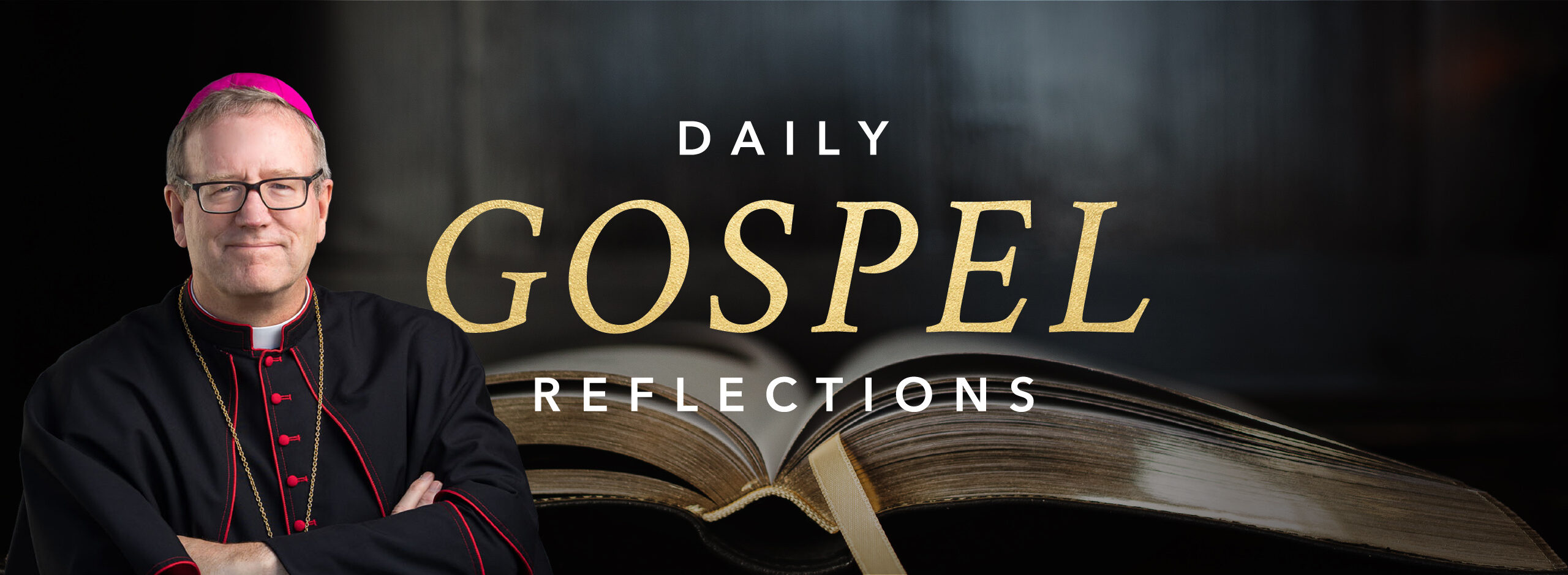Friends, in our Gospel, Jesus performs the dramatic gesture of cleansing the temple. His prophetic vocation will manifest itself in all of his speech, gestures, and actions. Jesus’ confrontation with fallen powers and dysfunctional traditions will be highly focused, intense, and disruptive.
Standing at the heart of the holy city of Jerusalem, the temple was the political, economic, cultural, and religious center of the nation. Turning over the tables of the money-changers, driving out the merchants, shouting in high dudgeon, and upsetting the order of that place was striking at the most sacred institution of the culture, the unassailable embodiment of the tradition.
It was to show oneself as a critic in the most radical and surprising sense possible. That this act of Jesus the warrior flowed from the depth of his prophetic identity is witnessed to by the author of John’s Gospel: “His disciples recalled the words of Scripture, ‘Zeal for your house will consume me.’” Many of the historical critics of the New Testament hold that this event—shocking, unprecedented, perverse—is what finally persuaded the leaders that Jesus merited execution.
